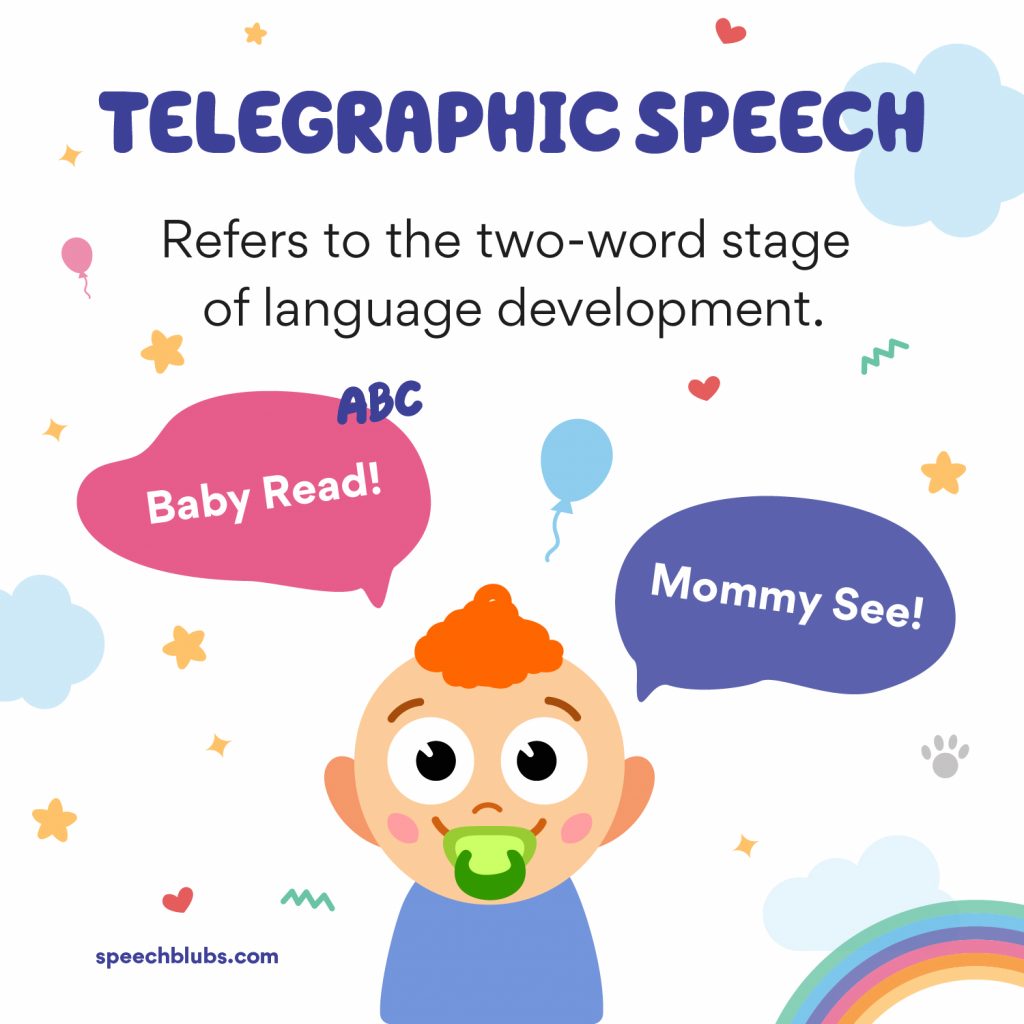When Do Toddlers Start Talking? - From Combining 2 Words to Full Sentences
Feb 5, 2022 First words in children are so exciting, but first sentences are a whole other level. The purpose of this blog is to inform you when your child should be combining words into short sentences and some tips to help them along their journey.
Communication is a very involved process. It starts with cooing, making sounds, babbling, and then progresses to word formation. The final step is combining words into short sentences and then moving into conversation. When do toddlers start talking in sentences, and where is this in the list of your child’s language milestones?
Between 18 and 24 months, your toddler will start combining SIMPLE two-word sentences. These sentences might sound like “go now,” “go play,” “me tired.” You might even find that your child will say the same two or three word combination over and over again. This happens because toddlers don’t always understand the meaning of the words that they use, so they get stuck on using the ones that they can say.

Crying is much easier to do and gets a bigger reaction, which is why your toddler might still cry unexpectedly instead of speaking. This happens more frequently if your child is tired, cranky, frustrated, or overwhelmed. H/she will use the crying in an attempt to get the message across until they can successfully communicate verbally. This is usually not a sign of a language delay.
How to Get Your Child to Talk in Full Sentences
When your toddler hits age two, she will start turning her two-word sentences into questions (“Go play?”) and using new words in short sentences. These sentences will still not be grammatically correct. That language skill comes later.
My husband (English teacher) used to correct my daughter’s grammar all.of.the.time and it drove me insane because she developmentally wasn’t able to grasp those concepts. Don’t panic if it’s not 100% correct! They will get there, I promise!
A year after learning to put short sentences together, she’ll probably have a word for almost everything she wants to say. She will be making both sentences and questions well enough for most people to understand (most of the time, anyway). And if that’s not entirely so, if she’s saying new words and using her old reserves in different ways, she’s progressing well.
Combine words into sentences with Speech Blubs
The Speech Blubs app includes the “Building Sentences” section where you can practice this ability. Start your free trial and watch your child learn right away!
Boost Your Child’s Speech Development!
Improve language & communication skills with fun learning!

7 Ways to Help Your Toddler Over the Two-Word Sentence Hump
Here are seven ways to get your child to combine words and progress past the two-word sentence plateau:
1. Don’t finish her sentences or interrupt her
She’ll get frustrated if you frequently jump in – and may even give up on trying to speak in sentences. Give your child time to form the sentences and always model the correct speech that you want them to say.
2. Give her lots of opportunities to talk
Include her in your conversations with your partner and older children to give her a chance to chat. It’s ok if your toddler says things that don’t fit into the context of the conversation. He/she is trying to communicate and that’s a good thing!
3. Avoid baby talk
Speak clearly and simply, using real words and complete sentences so she can see how it’s done. They learn by example. If we use baby talk, that’s what they will use.
4. Narrate daily tasks
As you go about your day with your little helper, talk about everything you’re doing together: “Let’s go down this aisle and pick up the chicken that we’ll cook for dinner.”
5. Respond to her words with more words
If she yells “Pizza!” at the dinner table, say “Yes, we’re eating some tasty pizza for dinner.” Add adjectives to the conversation and soon she will too.
6. Definitely Ask
Tiny talkers will practice their new skills if they have two-sided conversations, which is a good way to boost language development. So ask open-ended questions to your little whipper that need more than a yes or no answer. Just don’t pressure your kiddo for a reply if she’s not ready to give one.
7. Devote your full attention
Stay focused when she’s speaking. If you get distracted, she will too.
If by 4 years of age they are not combining words, and sentences are still not being created, you need to get a screening or evaluation by a speech-language pathologist. They will be able to determine if it’s a true speech delay and can provide you with “homework” to conduct at home in order to get your toddler speaking in longer sentences.
In the meantime, I suggest you download the Speech Blubs app and get started! They have a great deal of language learning activities like “Building Sentences” that can help your child elevate vocabulary and get an early understanding of grammar.
